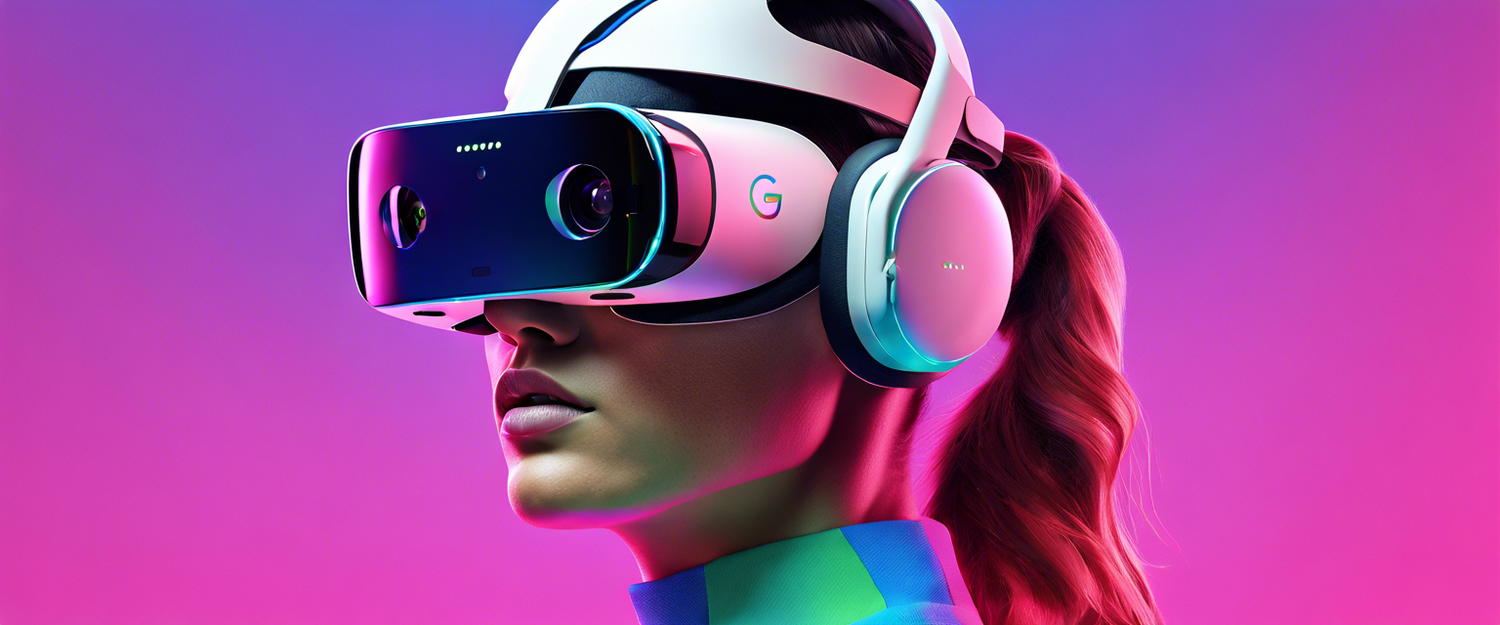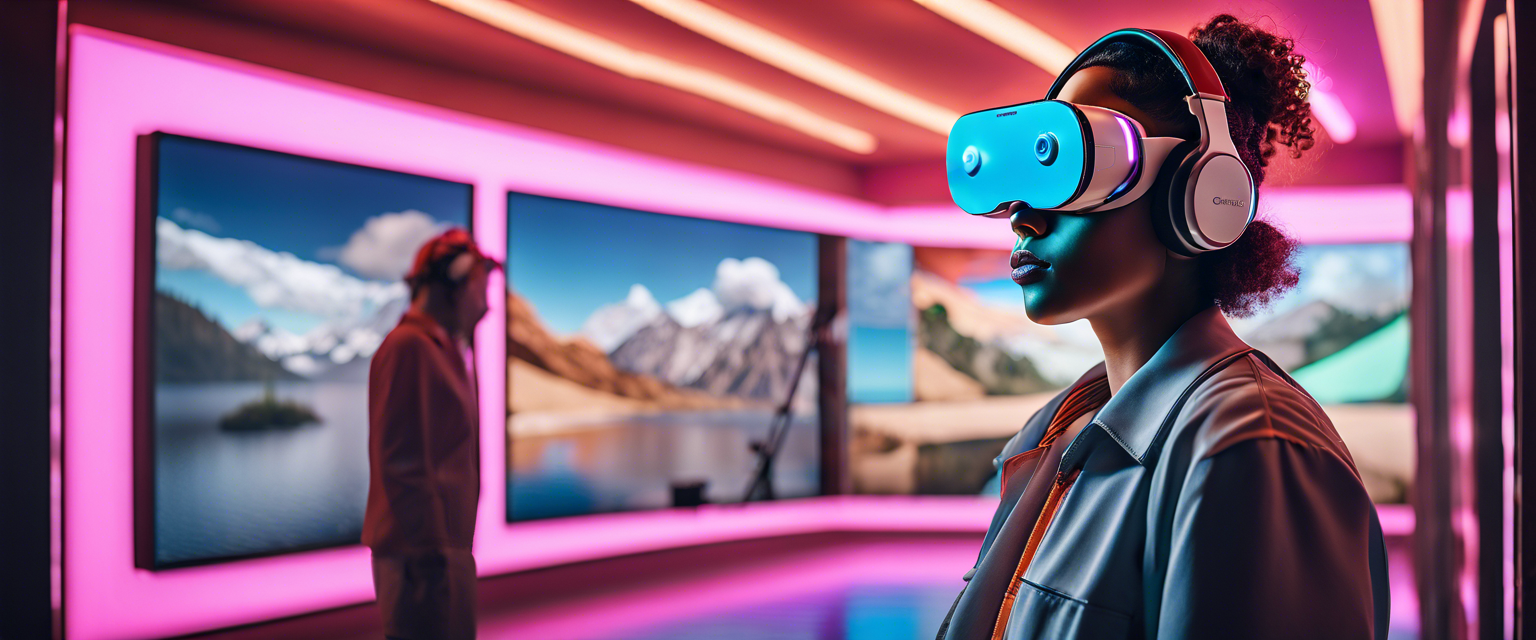Google Unveils Android XR: The Future of Extended Reality
Google is making headlines once again with its announcement of Android XR, a new operating system specifically designed for "extended reality" (XR) devices such as headsets and glasses. This innovative OS is expected to revolutionize how we interact with digital content by providing a unique immersive experience.
Collaboration with Hardware Manufacturers
To bring this vision to life, Google is collaborating with hardware giants like Samsung and numerous other manufacturers. They are making Android XR available to developers, with plans to start launching XR devices in the coming year.
What to Expect from Android XR
While many details about how Android XR will function remain under wraps, early impressions suggest significant advancements in mobile functionality. Google will create immersive XR versions of popular applications like Maps, Photos, and YouTube. Additionally, a new version of Chrome will support multi-window multitasking, seamlessly integrating with existing phone and tablet apps from the Play Store.
The Role of Gemini AI
At the core of this new experience is Google's Gemini AI, which the company believes is critical for enhancing user interaction with XR devices. Google has explored headset technologies for over a decade with products such as Glass, Cardboard, and Daydream, each offering a glimpse into the potential of XR.
According to Sameer Samat, who oversees the Android ecosystem, "We believe a digital assistant integrated with your XR experience is the killer app for the form factor, similar to what email or texting was for the smartphone." As Gemini becomes increasingly multi-modal—capable of capturing and creating audio and video—the versatility of XR glasses and headsets starts to unfold.
A Broad Spectrum of XR Experiences
The term XR implies a broad range of experiences, encompassing various forms of virtual, augmented, and mixed reality. Samat clarified, "When we say extended reality or XR, we’re really talking about a whole spectrum of experiences, from virtual reality to augmented reality and everything in between." This versatility could allow users to switch effortlessly between virtual environments and real-world vistas.
Upcoming Devices and Future Prospects
Google envisions a future where headsets offer seamless transitions from virtual to real-world contexts and smart glasses act as all-day companions. Experimental audio-only devices, like Ray-Ban Meta Smart Glasses, indicate a focus on diverse device types. Whether Google will ultimately develop its own XR hardware remains to be seen, but their intent is to support a wide array of XR devices.
Current Development Status
Since Android XR is in its nascent stages, developers are just beginning to receive the necessary software and hardware for building applications. Nonetheless, Google’s pace is swift, with a device codenamed Moohan developed in collaboration with Samsung set to be released next year. Android XR represents the culmination of Google’s investments in AI, the Android ecosystem, and the next generation of wearables—this will soon be put to the ultimate test: whether users will embrace these innovations.
Conclusion
With the launch of Android XR, Google aims to redefine the future of how we perceive and interact with technology through immersive extended reality experiences. Stay tuned as we explore more innovations on the horizon!



댓글 남기기
모든 댓글은 게시 전 검토됩니다.
이 사이트는 hCaptcha에 의해 보호되며, hCaptcha의 개인 정보 보호 정책 과 서비스 약관 이 적용됩니다.